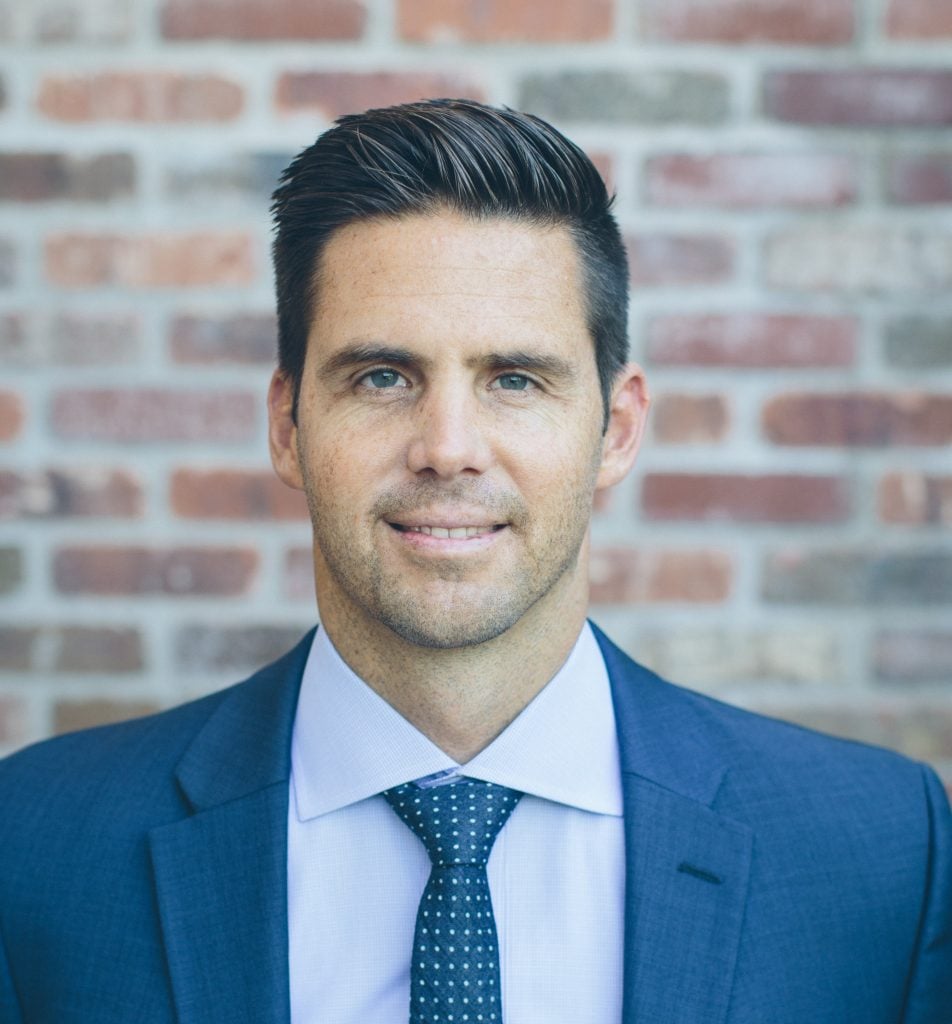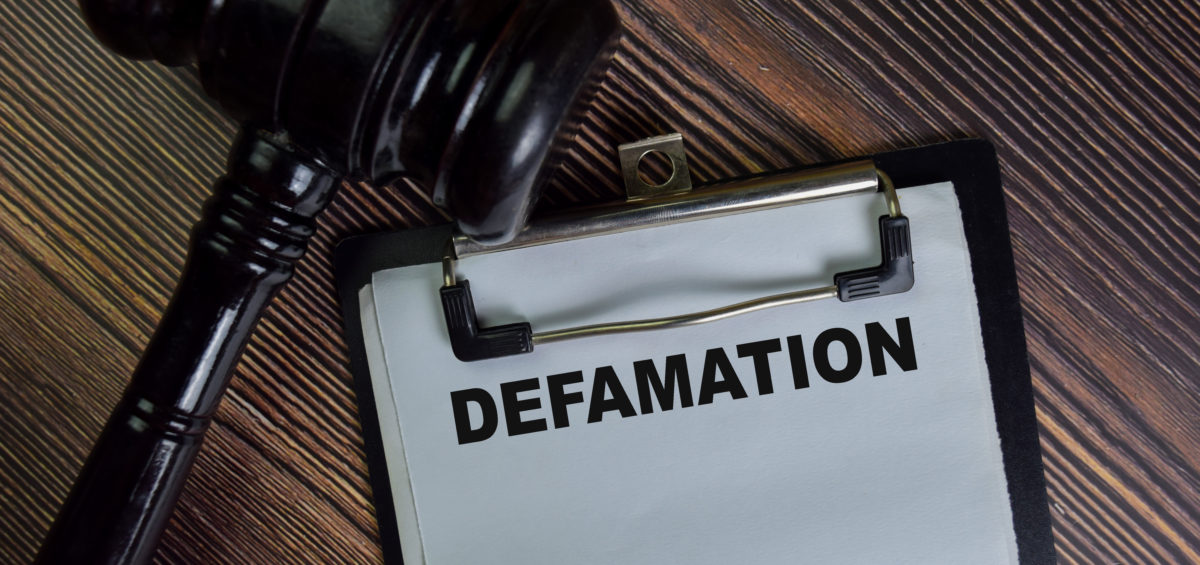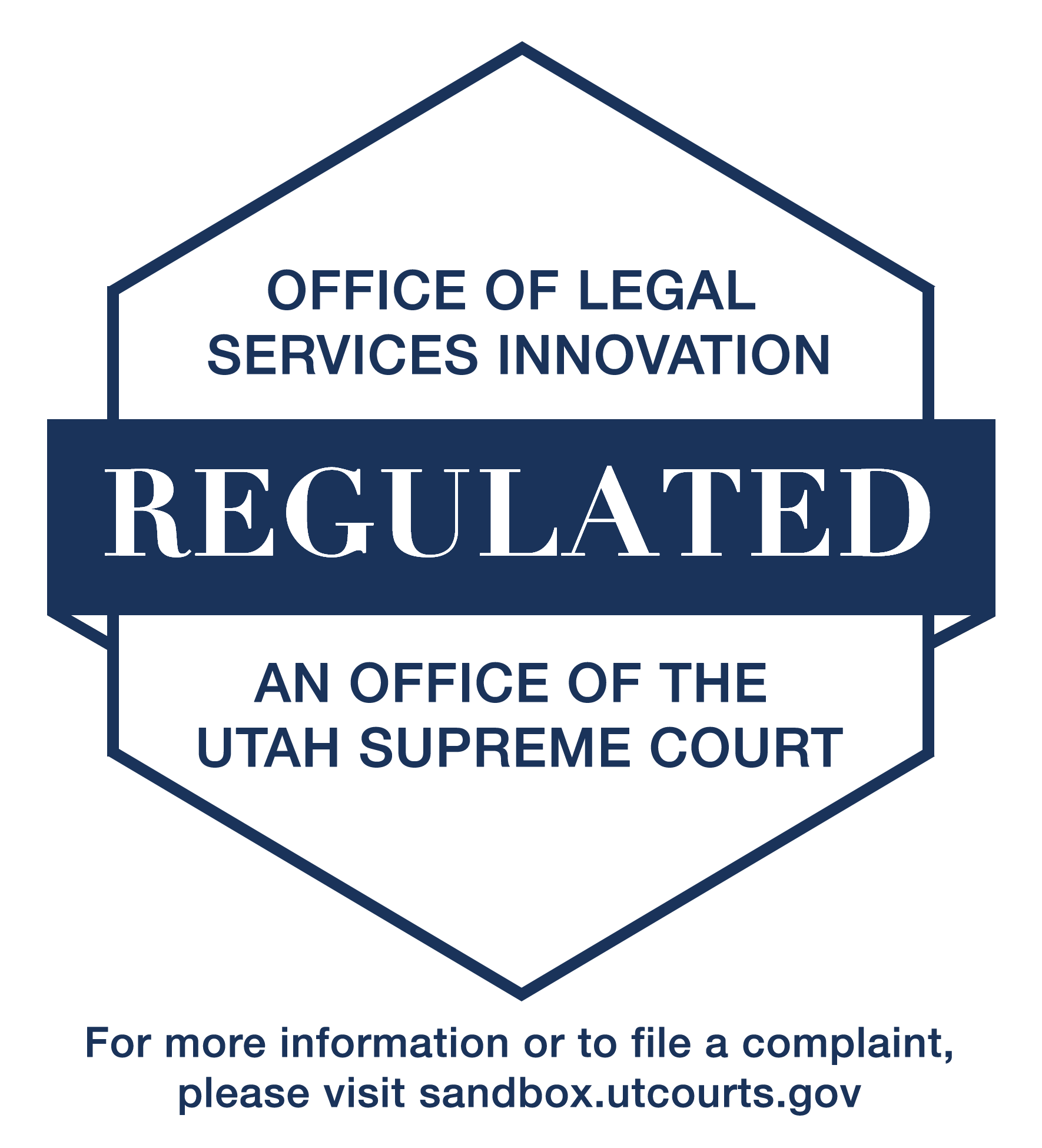In California, under California Civil Code Section 44, defamation can be effected by either libel or slander. California Civil Code Section 45 defines libel as “false and unprivileged publication by writing, printing, picture, effigy, or other fixed representation to the eye, which exposes any person to hatred, contempt, ridicule, or obloquy, or which causes him to be shunned or avoided, or which has a tendency to injure him in his occupation. Slander is governed by California Civil Code Section 46, and includes spoken words, transitory gestures or any form of communication other than those which constitute libel.
To bring a claim for defamation, a plaintiff must establish the following: false or defamatory statement; of and concerning the plaintiff; unprivileged communication to a third party; which causes harm to the plaintiff’s reputation; and damages. California law recognizes defamation per se, which is presumed to be so damaging that the plaintiff is not required to prove damages. This may be asserted in situations where oral statements charge any person with a crime of moral turpitude; allegations that the individual has been infected with a loathsome disease; allegations that a married individual has been unchaste; or tends to directly attack the person’s professional character.
In California, for a plaintiff to be entitled to damages, the defendant must have acted with a degree of legal fault. The level of fault required in California will differ depending on whether the plaintiff was a public or private figure. If the plaintiff is a private individual, it is only necessary that the plaintiff establish that the defendant was negligent in making the defamatory statement. However, if the individual is a public figure, then the plaintiff must establish that the statement was false, and the statement was made with actual malice. Actual malice means that the defendant made the statement with the knowledge that the statement was false or with reckless disregard of whether it was false or not.
If you or someone you know is a victim of defamation, it is encouraged that you obtain the necessary legal assistance to understand whether you are entitled to damages. Alternatively, if you are facing a defamation claim, seek the appropriate legal help to understand your rights in defending yourself.

Authored by Scott D. McDonald, Esq.
Scott McDonald is a California native who graduated from Pepperdine Law School in 2008. He has been aggressively litigating cases in Personal Injury and Bankruptcy Law for nearly a decade. Mr. McDonald prides himself in being anything but a “typical” attorney. His unique and very personal approach to practicing law has helped numerous clients obtain their goals and get the legal relief they need.
Mr. McDonald is also a member of 1LAW, which allows clients to obtain free legal support for basic matters and to stay in constant communication with him once retained.
To learn more about the advantages 1LAW provides to attorneys and individuals, visit 1LAW or register for free via the 1Law App.




